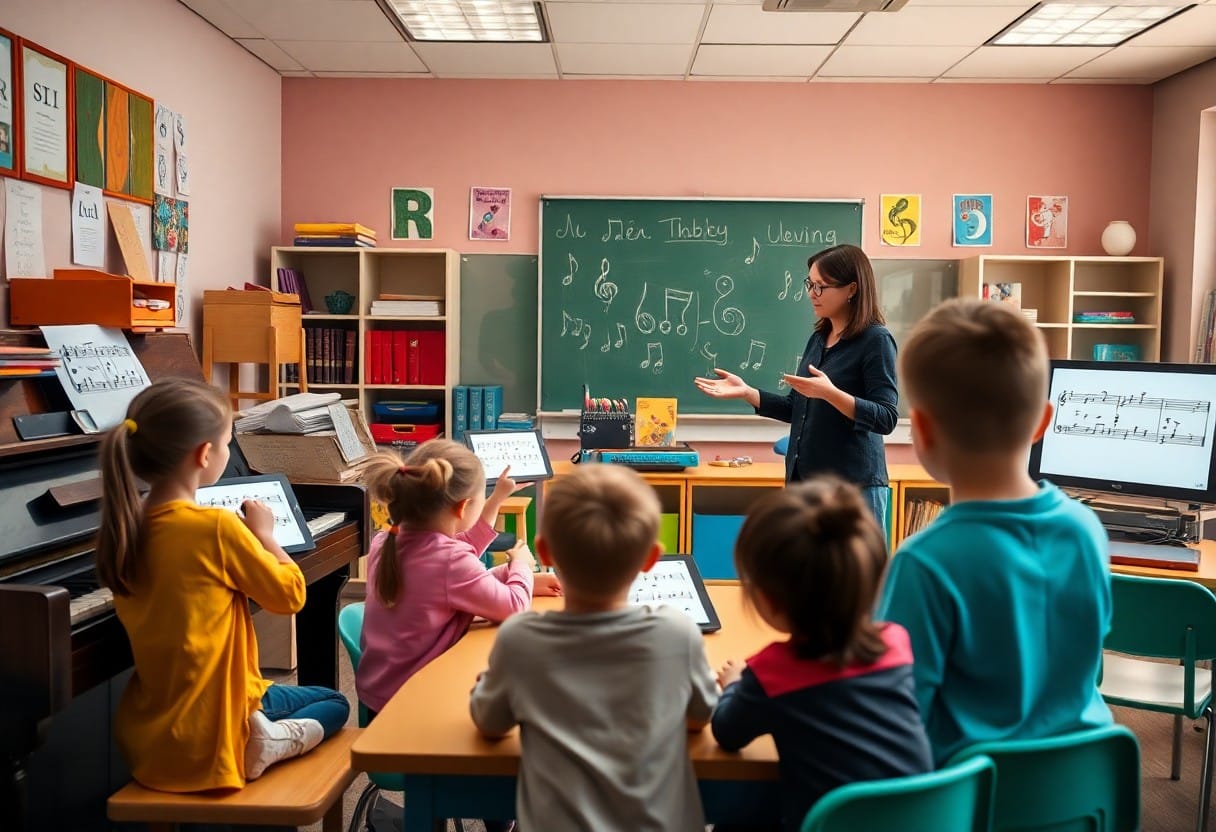This guide will provide you with several innovative methods to enrich piano lessons for kids. Engaging children during their music education can transform their learning experience, making it both fun and effective. Here are some approaches you can consider for enriching your child’s piano lessons.
Incorporate Technology: With the advancement of technology, numerous apps and online programs can enhance your child’s piano learning. Interactive apps like Simply Piano or Yousician gamify learning, helping children grasp concepts through fun challenges and immediate feedback. You can encourage your child to use these tools alongside traditional lessons, making practice interesting and motivating.
Use Visual Aids: Children often respond well to visual learning. Incorporate colorful flashcards, stickers, or diagrams that illustrate musical notes, scales, and chords. Creating a music wall in your home adorned with posters or charts can serve as a constant visual reminder of what they are learning. This approach allows them to see and associate the music they play with visual references.
Integrate Music Games: Including games in your piano lessons can make the experience enjoyable. For example, you can play musical memory games where your child identifies notes or songs. Alternatively, you can create a piano scavenger hunt where they find and play different notes around the keyboard. These fun activities can foster a playful environment while reinforcing their learning.
Encourage Group Activities: If possible, create small groups for your child and other young musicians. Group lessons can stimulate social interaction, allowing the kids to learn from each other. They can engage in group performances or practice together, which can motivate them to improve their skills and build team spirit.
Introduce Diverse Music Styles: Exposing your child to different music genres can spark their interest in learning. While classical music forms a foundation, incorporating jazz, pop, or even global music can expand their repertoire. You might take turns selecting songs, allowing your child to explore their preferences and discover exciting pieces that resonate with them.

Set Fun Goals: Goals help track progress, but keep it light-hearted. Set fun challenges like mastering a song in a month or achieving a certain number of practice hours. You could also implement a reward system, such as small prizes or praise, when they hit these targets. This strategy fosters a sense of achievement and encourages them to stay committed.
Incorporate Storytelling: Make lessons vibrant by incorporating storytelling. Relate the pieces they are playing to the narratives behind them. You can discuss the composer’s background, the emotion in the pieces, or even create a story that your child can visualize while playing. This method brings the music to life, making it less abstract and more relevant.
By utilizing these innovative methods, you can create a rich and engaging piano learning environment for your child. Keep experimenting with different techniques to find what resonates best with them, ensuring that each lesson is a step towards musical mastery and enjoyment.

